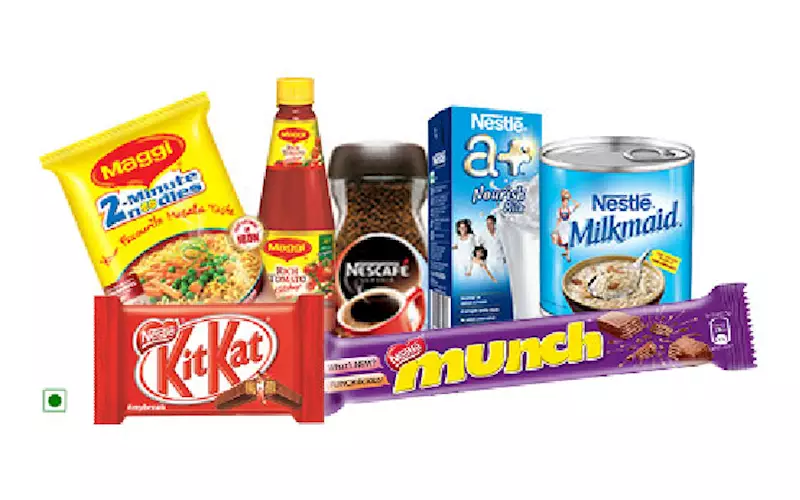Nestle to create market for food-grade recycled plastics
Nestle is set to invest close to Rs 14,698 crores to lead the shift from virgin plastics to food-grade recycled plastics and to accelerate the development of innovative sustainable packaging solutions.
25 Jan 2020 | By Abhishek Muralidharan
The initiave comes as a part of the company's 2018 commitment to make 100% of its packaging recyclable or reusable by 2025. In addition, it will reduce its use of virgin plastics by one third in the same period.
Mark Schneider, CEO of Nestle, said, "No plastic should end up in landfill or as litter. Making recycled plastics safe for food is an enormous challenge for our industry. That is why in addition to minimizing plastics use and collecting waste, we want to close the loop and make more plastics infinitely recyclable. We are taking bold steps to create a wider market for food-grade recycled plastics and boost innovation in the packaging industry. We welcome others to join us on this journey."
To create a market of recycled materials, Nestle is committed to sourcing up to two million metric tons of food-grade recycled plastics and allocating more than Rs 11,000 crores to pay a premium for these materials between now and 2025. Nestle will seek operational efficiencies to keep this initiative earnings neutral.
The company will also launch Rs 1835,65 crores sustainable packaging venture fund to invest in start-up companies that focus on innovative and sustainable developments.
"We are pleased to see Nestle commit a Rs 14,698 crores investment toward creating a circular economy for plastics, alongside a reduction of its use of virgin plastic in packaging by one third by 2025. By eliminating the plastics we don’t need, innovating in areas like reuse models and new materials, and circulating the plastics we do need — also in more challenging food grade applications — we can create an economy where plastic never becomes waste. Achieving the commitments announced today will significantly contribute towards realizing this vision," said Andrew Morlet, CEO, Ellen MacArthur Foundation.











 See All
See All